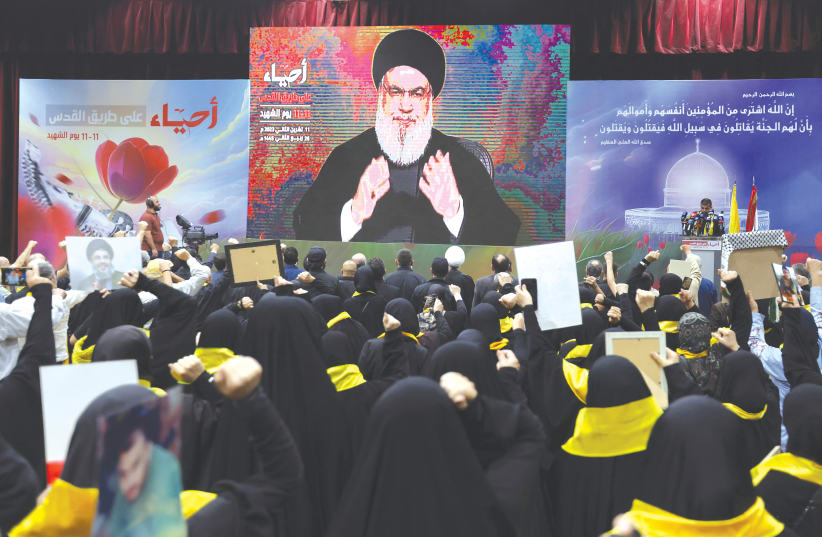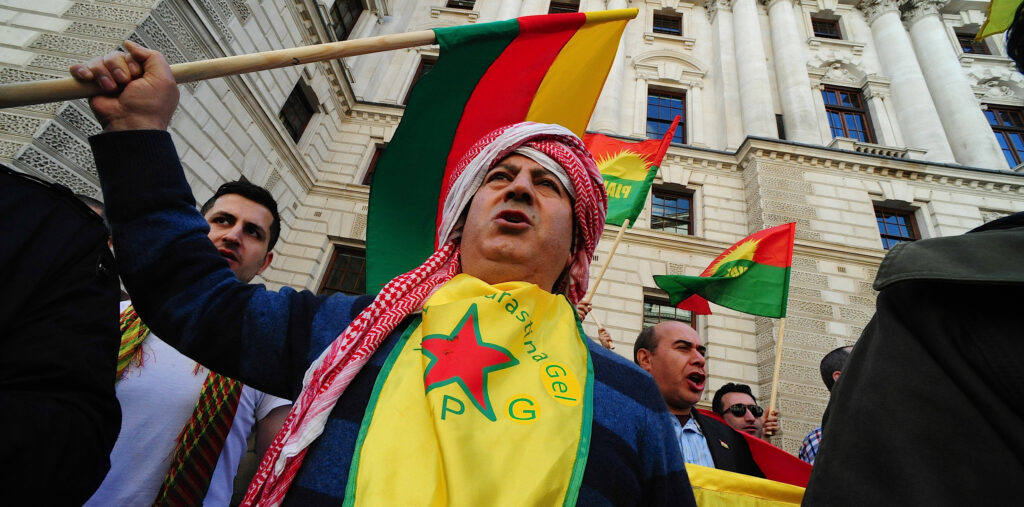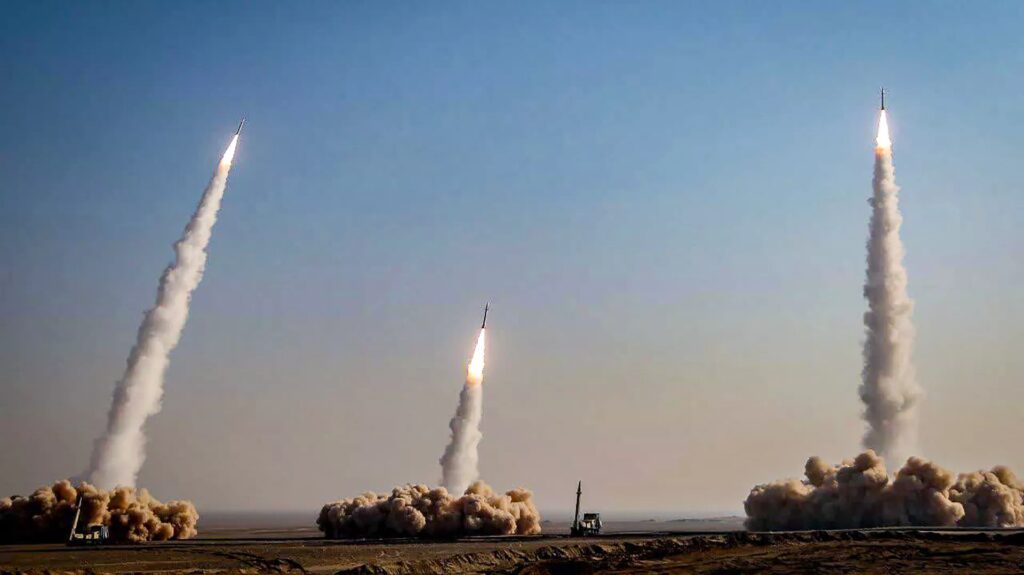Syria And US Policy – Analysis

Since 2011, conflict between the government of Syrian President Bashar al Asad and opposition forces seeking his removal has displaced roughly half of the country’s population and killed over half a million people. Five countries operate in or maintain military forces in Syria: Russia, Turkey (Türkiye), Iran, Israel, and the United States.







